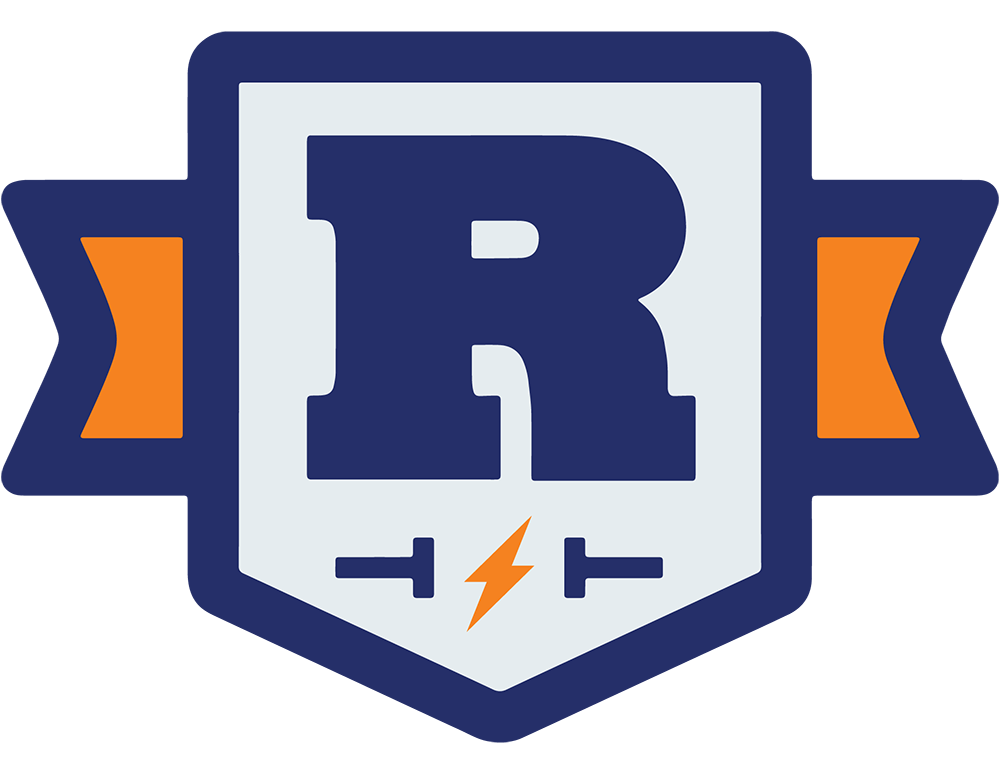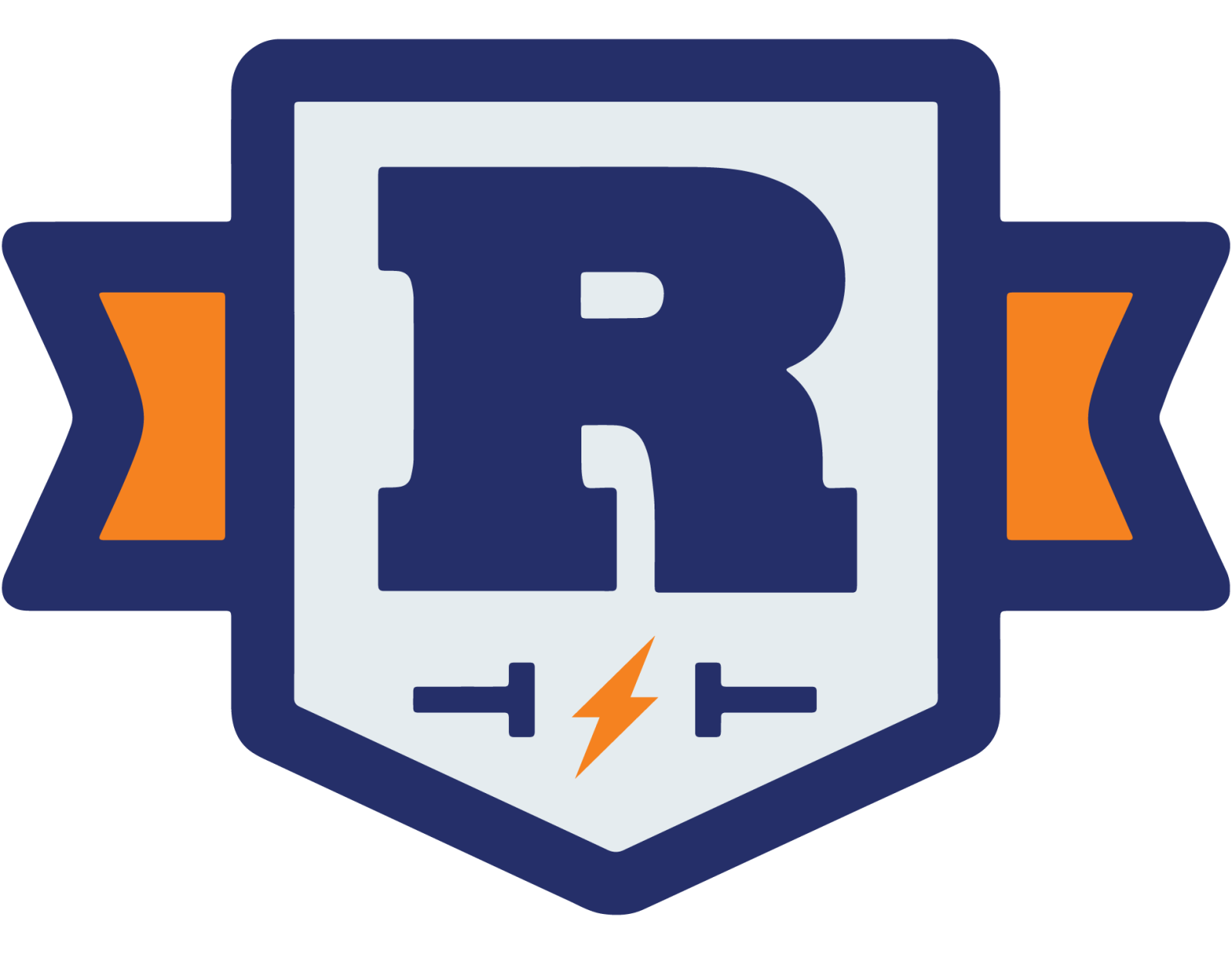
NFPA 70E Onsite Training
Experience expert-led NFPA 70E Onsite Training with Ritter Safety. We bring tailored electrical and arc flash training directly to your facility anywhere in the country.
Our NFPA 70E Onsite Training: Catered for Every Shift and Industry
Ritter Safety’s NFPA 70E Onsite Training is designed with versatility in mind. No matter your industry or shift, our experts travel nationwide to provide tailored electrical safety instruction. Experience training truly catered to your unique needs.
Flexible Training Schedules
Understanding that every company has distinct operational demands, our NFPA 70E Onsite Training molds to fit your unique shift coverage requirements. Whether it’s day, night, or weekend sessions, we adapt seamlessly to your scheduling needs.
Additionally, for a more streamlined approach, we can effortlessly integrate unqualified worker training alongside our specialized qualified worker curriculum. This ensures comprehensive electrical safety education for all members of your team.
Industry-Specific Modules
Ritter Safety’s NFPA 70E Onsite Training isn’t one-size-fits-all; it’s tailored to industry nuances. With a track record spanning small businesses to Fortune 500 giants, our expertise is nationally recognized and trusted.
Whether you operate a local workshop or a sprawling industrial facility, our modules are crafted with your specific industry requirements in mind, ensuring targeted and effective learning.



Benefits of Being NFPA 70E Certified
With NFPA 70E certification, professionals demonstrate a commitment to electrical safety. Our NFPA 70E Onsite Training not only elevates knowledge but also fosters a proactive safety culture in every work environment.
Improved Safety Awareness
Undergoing NFPA 70E Onsite Training equips professionals to anticipate and sidestep looming hazards. With this training, unseen or commonly ignored safety violations come to light, bridging gaps in understanding between electricians, technicians, and management. As facilities evolve annually, they introduce fresh hazards; our training ensures you’re always a step ahead, safeguarding your team and equipment.
Compliance With the 2024 NFPA 70E Standard
In the dynamic world of electrical safety, staying compliant with industry regulations is paramount. The latest NFPA 70E 2024 Edition introduces fresh guidelines and rules tailored to modern workplace challenges.
With our NFPA 70E Onsite Training, professionals are equipped with current knowledge, ensuring they meet both OSHA and the National Fire Protection Association 70E standards seamlessly. This proactive approach to training ensures you’re always a step ahead, upholding the highest safety standards.
Enhanced Professional Credibility
In today’s competitive environment, NFPA 70E certification can set professionals apart. Many employers have strict entry protocols, denying contractors without proper NFPA 70E training access to their facilities.
With our NFPA 70E Onsite Training, not only do staff become adept at safety protocols, but the credibility of your business receives a significant boost. Possessing a trained team not only assures safety but can also open doors to new clientele, enhancing trust and fostering growth.
NFPA 70E Onsite Training Topics & Core Components
Dive into our NFPA 70E Onsite Training Topics & Core Components, tailored to meet varying needs. Whether you opt for our concise 2-hour session or the comprehensive 8-hour training, we deliver expert knowledge nationwide, ensuring electrical safety mastery.
2-Hour Training: Training for the Unqualified Worker – Great for Safety Staff & Management
Our 2-hour Unqualified Worker Training equips non-electrical staff, like production managers, line workers, or custodians, with essential electrical hazard awareness.
With the flexibility of hosting up to three sessions in one day, we cater to diverse work schedules. Ensure your team understands and respects the safety protocols around electrical tasks.
2.5-Hour Training: Annual Refresher Covering Essential Basics for Qualified Electrical Workers
In our focused 2.5-hour course, attendees explore Shock Hazard Risk Assessments, vital boundary guidelines, and correct handling of voltage-rated gloves and instruments.
We delve into Arc Flash Hazards, choosing the right Personal Protective Equipment (PPE), and touch on updated Job Safety Plan protocols, highlighting roles of hosts and contractors.
4-Hour Training: Annual Refresher for Qualified Electrical Workers – Advanced Safety Techniques
In our 4-hour session, we delve into Arc Flash and Shock Hazards, enriched by real-life examples. We cover NFPA 70E standard, OSHA, and overall Electrical Safety Protocols, offering a comprehensive grasp.
Participants also discover PPE care, Arc Flash Labeling nuances, and acquire hands-on knowledge on Job Safety Plans and employer duties.
8-Hour Training: The Most In-Depth Training Session for Qualified Electrical Workers – Great for New Hires!
Our 8-hour training class is an in-depth course, ideal for qualified electrical workers, supervisors, and management, especially those who haven’t undergone extensive electrical safety training recently.
Going beyond the content of the 4-hour module, this session delves into additional topics, providing a thorough understanding and ample time for detailed discussions. This comprehensive training is also perfect for onboarding new hires, ensuring they’re well-equipped from the get-go.
Why NFPA 70E Onsite Electrical Safety Training?
Experience nationwide NFPA 70E Onsite Arc Flash & Electrical Safety Training tailored to your facility by our OSHA Authorized Trainer. Reduce downtime, cover any shift, and engage in lively, expert-led sessions that stand out.
Direct Personalization to Your Facility
Ritter Safety’s NFPA 70E Onsite Training goes beyond generic content, diving deep into the specifics of your facility. By being on-site, our experts assess and tailor sessions to address the unique challenges and equipment profiles you encounter daily.
This direct customization ensures training is not only relevant but also maximizes safety and operational efficiencies. Benefit from a program that truly understands and caters to your facility’s distinct needs.
Cost and Time Efficiency
Ritter Safety’s NFPA 70E Onsite Training is designed with your operational efficiency in mind. By covering any shift, we seamlessly integrate into your schedule, drastically reducing facility downtime.
Minimized workplace interruptions mean smoother operations, leading to notable savings in both time and costs. Invest in training that respects and optimizes your workflow.
Enhanced Team Collaboration
Empowering teams with knowledge is at the heart of our NFPA 70E Onsite Training. Conducted directly within your facility, our sessions encourage team members to actively engage, share experiences, and discuss safety concerns.
This immediate feedback loop enables us to address specific misunderstandings and offer tailored solutions, ensuring both management and workers collaboratively advance their safety expertise.
2 HR ARC FLASH & ELECTRICAL SAFETY TRAINING
• Overview and explanation of Arc Flash and Shock Hazards.
• Explanation of Electrical Equipment Labeling Information.
• General Electrical Safety Requirements for all employees.
• Explanation of Shock and Arc Flash Boundaries.
• Qualified Person and Unqualified Person defined.
• Limitations and Restrictions for Unqualified Persons.
2.5 HR ARC FLASH & ELECTRICAL SAFETY TRAINING
- Shock Hazard Risk Assessments.
- Limited and Restricted Approach Boundaries for Shock.
- Detailed instruction regarding the use and care of, rubber insulated, voltage-rated gloves.
- Insulated tools and other voltage-rated materials.
- Arc Flash Hazards.
- Arc Flash Boundaries.
- Arc Flash Hazards with covers on and/or doors closed vs. covers off and/or doors open.
- Arc Flash Risk Assessment Procedures.
- PPE Selection for when the Incident Energy Analysis has been performed.
- PPE Selection for when the PPE Category Method must be used.
- Proper care and maintenance of Arc Flash PPE.
- New Job Safety Plan Requirements and recommendations for implementation.
- Job Briefing Requirements.
- Energized Electrical Work Permits (EEWP).
- Host Employer & Contract Employer Responsibilities.
4 HR ARC FLASH & ELECTRICAL SAFETY TRAINING
• Overview and explanation of Arc Flash and Shock Hazards.
• Real-world, practical examples that illustrate the need and effectiveness of NFPA 70E.
• Relationship and differences between NFPA 70E, NFPA 70B, NFPA 70 & OSHA.
• General Electrical Safety Requirements for all employees.
• OSHA and NFPA 70E Justification for Energized Work.
• Arc Flash Labeling Requirements including Explanation and Proper Interpretation.
• Shock Hazard Risk Assessments.
• Limited and Restricted Approach Boundaries for Shock.
• Detailed instruction regarding the use and care of, rubber insulated, voltage-rated gloves.
• Insulated tools and other voltage-rated materials.
• Arc Flash Hazards.
• Arc Flash Boundaries.
• Arc Flash Hazards with covers on and/or doors closed vs. covers off and/or doors open.
• Arc Flash Risk Assessment Procedures.
• PPE Selection for when the Incident Energy Analysis has been performed.
• PPE Selection for when the PPE Category Method must be used.
• Proper care and maintenance of Arc Flash PPE.
• New Job Safety Plan Requirements and recommendations for implementation.
• Job Briefing Requirements.
• Energized Electrical Work Permits (EEWP).
• Host Employer & Contract Employer Responsibilities.
8 HR ARC FLASH & ELECTRICAL SAFETY TRAINING
• Overview and explanation of Arc Flash and Shock Hazards.
• Real-world, practical examples that illustrate the need and effectiveness of NFPA 70E.
• Relationship and differences between NFPA 70E, NFPA 70B, NFPA 70 & OSHA.
• General Electrical Safety Requirements for all employees.
• OSHA and NFPA 70E Justification for Energized Work.
• Arc Flash Labeling Requirements including Explanation and Proper Interpretation.
• Shock Hazard Risk Assessments.
• Limited and Restricted Approach Boundaries for Shock.
• Detailed instruction regarding the use and care of, rubber insulated, voltage-rated gloves.
• Insulated tools and other voltage-rated materials.
• Arc Flash Hazards.
• Arc Flash Boundaries.
• Arc Flash Hazards with covers on and/or doors closed vs. covers off and/or doors open.
• Arc Flash Risk Assessment Procedures.
• PPE Selection for when the Incident Energy Analysis has been performed.
• PPE Selection for when the PPE Category Method must be used.
• Proper care and maintenance of Arc Flash PPE.
• New Job Safety Plan Requirements and recommendations for implementation.
• Job Briefing Requirements.
• Energized Electrical Work Permits (EEWP).
• Host Employer & Contract Employer Responsibilities.
• Lockout / Tagout (LOTO) & Creating an Electrically Safe Work Condition.
• NFPA 70E Requirements regarding proper Lockout / Tagout.
• LOTO Process and Procedures.
• Simple LOTO vs. Complex LOTO.
• Electrical Equipment Maintenance Requirements.
• Electrical Safety Program Requirements.

